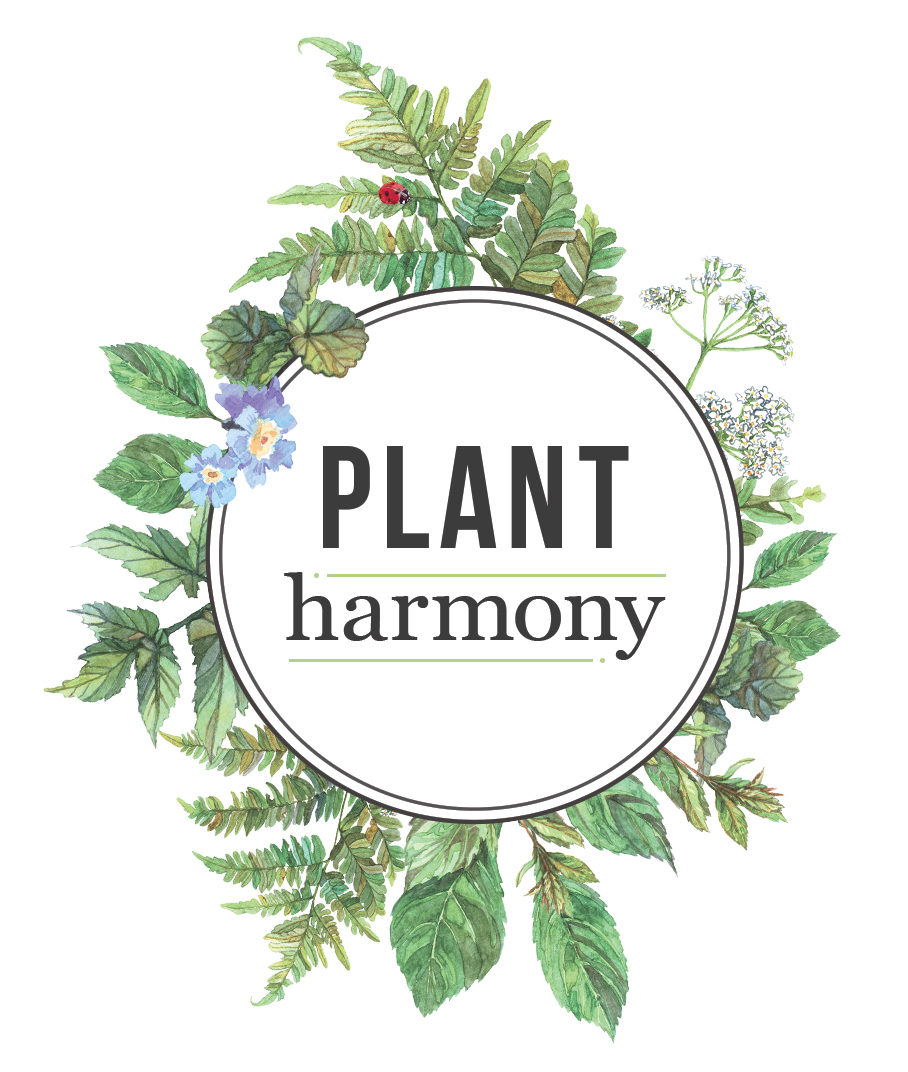Which fertilizers are best? Organic or Synthetic?
It's time to start feeding your plants, but which fertilizer is best, organic or synthetic?
Spring has arrived and it's time to start fertilizing our plants. For those of you that are living with a blanket of snow covering your garden, then you'll get to wait until the season warms up.
Then the questions comes up: when it comes to feeding your plants, which is type of fertilizer is better, organic or synthetic? Let me break it down for you.
When we feed our plants with organic fertilizers, we are actually feeding the microbiology in the soil which then works with the root system of the plant to provide it with the nutrients it needs when it needs it. When we feed with organics, we are able to feed in some cases less often, as the plant is enjoying the nutrients at a natural, slower rate. This means we are not fertilizing as often, using less product throughout the year and thus can be less expensive.
When we feed with synthetic fertilizers, we are just feeding the plant, thus needing to feed as often as is indicated on the package. The plant is somewhat dependent on the fertilizer to thrive. Synthetic fertilizers also act as a steroid for the plant, stimulating new growth, which is more prone to pests and diseases. Since we need to feed according to the label, every 4 to 6 weeks, we are using more and over time spending more on fertilizer.Organic fertilizers won't contaminate the groundwater or local waterways, where as synthetics can and do.
Organic fertilizers won't burn your plants, where as synthetics can if they are applied too heavily.
Synthetic fertilizers have a tendency to be high in salts. This can be extremely detrimental to the soil & the plant over time. This is especially a problem for those who water their plants frequently and shallowly because the salts then build up over time within the top layer of soil.
Organic fertilizers are made from renewable resources and/or are byproducts of other organic materials. Synthetic fertilizers are manufactured products extracted by a chemical industrial process.
I hope you can see why feeding with organics is a win win! My choice has been to feed with organic fertilizers for the optimum health of the garden. I add granular fertilizer to the planting hole at time of planting, so that the fertilizer is in contact with the root zone as my plants grow. I fertilizer my established trees, shrubs & perennials that require to be fed, once or twice a year, by lightly scratching it into the top couple inches of the soil around the drip line of the plant.
For my annual food crops, roses, dahlias, and other flowering beauties, in addition to the granular fertilizer I apply at the time of planting and seasonal additions, I will mix up a batch of liquid fertilizer in my watering can to apply as a soil drench once a month or so. I love feeding with a good quality liquid fertilizer that is a combo of fish & kelp for my food crops and a good quality liquid bloom formula for my flowers.
Have fun in your garden!
~Suzanne

